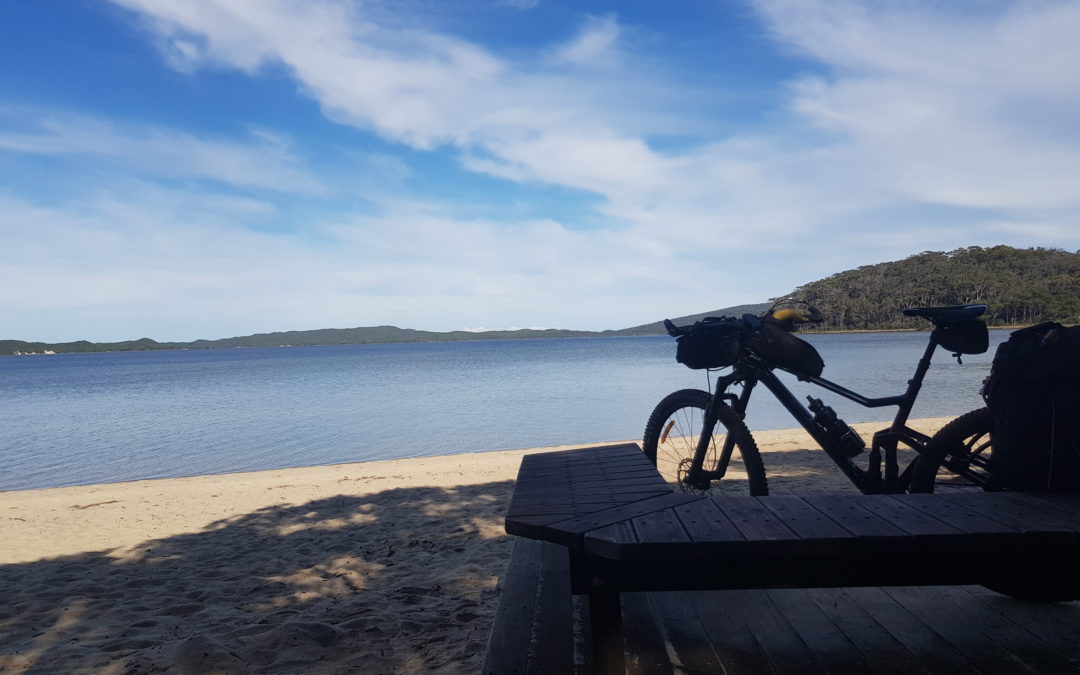Munda Biddi Bikepacking Musings!
Earlier this year, Star Physio’s Principal Physiotherapist and Bikefitter, Damian Oldmeadow, enjoyed 9 days of near perfect weather bikepacking on the Munda Biddi trail. Starting near Donnybrook and ending in Albany the trip totalled 630kms with 8000m of climbing. Read on for his ride report, experience, recommendations and musings.
The Plan and the execution!
I took some time out of the clinic, corresponding to a “significant birthday” and backed the ride into the Seven (Five for me) cycling weekend. Lots of good reasons to get some training done.
My main goal in training was to make sure that I did as many back to back riding days as possible. Second goal was finding as many hills to climb as possible and also to try and get out on the dirt when time allowed. This all went well until the last 10 days, where training was swapped for extended birthday celebrations! These included ZERO kms on the bike and fairly excessive “liquid carbohydrate” consumption and partying. This I considered an “alternative taper method” to be investigated!
The Five played out as I probably deserved it to. I felt really good for the first 50kms, then fell in a massive hole for the last 40. The only thing that saved me from a walk of shame on the last hill was spotting a hand cyclist up in front of me on this brutal climb. This gave me a bit of a reality check!!!
Post event Parmis and rehydration and the next day was spent transforming the bike from a lean mean racing machine into a bikepacking mule!
The Bike
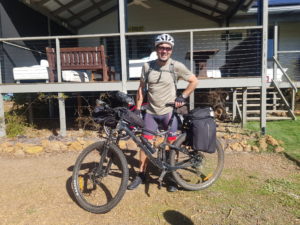
Munda Biddi Ready!
I am a tight-arse from way back, and live in a house with over 10 bikes already! Overdue a new off road bike, I spent considerable time researching to find a bike that could be a “jack of all trades”. I wanted to do some shorter mountain bike/multisport races, longer mountain/ gravel races and also bikepacking on the Munda Biddi.
I settled on a Scott Spark 940 Dual Suspension 29er. It has a front and rear single lever suspension lock out system and the relatively upright geometry for more trail type riding. My hardcore downhill and jumping days are long finished! The 940 has a Carbon main frame and Alloy rear triangle and seemed to be a pretty good bang for buck.
I have raced the Spark in the Seven Event previously as well as on the Mountain Bike Trails around Dunsborough for various events, and it did the job very well. The Seven event is now dominated with Gravel bikes as there is lots of climbing and fire trail sections. I enjoy the comfort, downhill suspension and gearing on the Mountain Bike and this more than enough compensates for a bit more weight! The suspension has 3 settings – locked out for climbing and smooth tracks, unlocked for twisty and bumpy stuff and an in between, which seems good for lots of stuff!
I ran the standard Maxxis tyres set up tubeless and they were flawless. Good grip and no puncture for the last 4000kms!
Bikepacking Setup
Most bikepacking bikes are hardtail mountain bikes, gravel bikes or purpose build bikepacking machines. Research gave me some good ideas for a bikepacking setup for dual suspension. Most riders of the Munda Biddi recommend a mountain bike due to the terrain, but plenty have also made it on Gravel bikes.
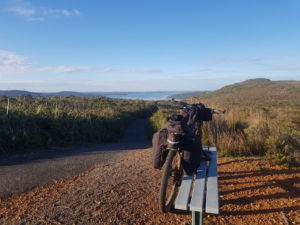
Rear view of Munda Biddi Setup… and view near Denmark!
Dual Suspension Bikepacking
One of the more popular methods for carrying gear on bikes is a large saddle bag. On a dual suspension bike, this places a lot of load on the rear suspension. I needed to carry camping and cooking gear so opted for the pannier system that fixed to the seat stays.
I chose the budget Topeak Tetrarack combined with their Expandable Trunk bag and Pannier. I was pleasantly surprised how solid this was, even fully loaded on some twisty and bumpy single track. A huge amount of gear in including my sleeping bag, sleeping mat, jetboil cooker and fuel, tools, food, wet weather gear and more fitted with ease. The heaviest stuff I put on top of the rack and the bulkier stuff in the side panniers. The small saddle bag had some tools and spare tubes.
Front of bike bags.
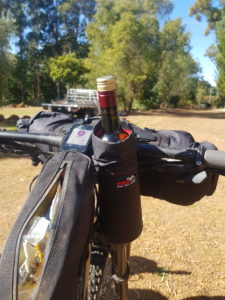
Top tube, front roll and chaff/wine bag!
On the front I stayed with the Topeak and used their Frontloader 8L roll which I put my clothes in. This was a really good setup as it unclipped easily at the end of the day and despite being jammed full of clothes, didn’t affected the handling much at all. A top tube bag housed my phone and snacks, and of course the most important bag of all… my Birthday pressie from colleague and experienced bikepacker James Debenham! My chaff bag that just happened to fit important beverages perfectly!
Hydration
One downside with the Spark is that there is only one bottle cage mount. I decided to use a 2L Camelbak, but next time might look for a front mount bladder to keep the weight off my back and stay cooler. As I mentioned, I am a tight-arse and already had the camelbak! I was also able to carry a second bidon on the back of my Topeak panniers.
Bikefit for Bikepacking
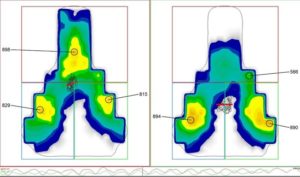
Saddle pressure maps
First stop after purchase, and a month of rides for some preliminary testing was a bikefit of course at Star Physio! One of the unique things about bikepacking is relatively low power output over lots of hours, on back to back days. Long hours cycling each day means that comfort and a good individual setup are critical. The low power output compared to say, a lap of the river means that there is less load in the pedals, therefore more load on the saddle.
The biggest change to our understanding in bikefit over the last 10 years using the Gebiomized Pressure Analysis Equipment is how critical weight and pressure distribution in cycling is. It is the things we can’t see with the naked eye, or even high speed cameras, that make all the difference in finding the ideal fit.
Bikepacking and Gravel Bike Saddles
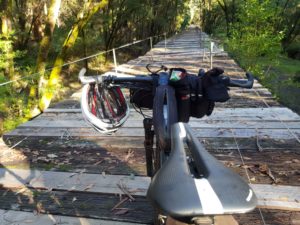 The Spark came with the generic 135mm saddle. My early suspicion with some saddle discomfort and hand numbness was that I was not getting enough support for my 90+kg body. Bikefit testing with our Gebiomized saddle analysis showed under 50% of my weight on the saddle and high peak pressures. After attempting a few position changes we agreed that the saddle needed more surface area.
The Spark came with the generic 135mm saddle. My early suspicion with some saddle discomfort and hand numbness was that I was not getting enough support for my 90+kg body. Bikefit testing with our Gebiomized saddle analysis showed under 50% of my weight on the saddle and high peak pressures. After attempting a few position changes we agreed that the saddle needed more surface area.
Having had great success with my Gebiomized Stride 145mm on my road bike, this was the obvious first choice. Immediately we were able to measure an increase to 70% of body weight on the saddle and significantly lower peak pressures. More surface area was the key for me, but also the right shape of saddle that gave me good sit bone support, but still thigh clearance. This allows me to get right back on the saddle without any inner thigh friction.
Since my trip Gebiomized have released a new range of saddles specifically designed for Mountain and Gravel Bikes. The Valid saddles have proven very popular and successful for cyclists in more upright positions on gravel bikes, mountain bikes and commuter bikes.
Cobra 9 Insoles and Bontrager shoesBikepacking Shoes and inserts.
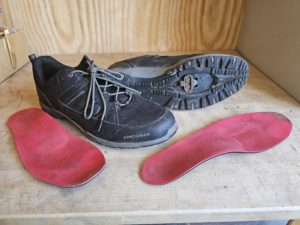
Bikepacking shoes and orthotics
Having crossed over into the second half century of my life, I think a bit harder about comfort and injury prevention than I did when I was younger! In bikefit we talk about someones “bikefit window”. For most, including myself this gets smaller as we get older, meaning that I need to have more things perfect in my setup than I used to, particularly when tackling long back to back cycling days.
I used medium arch Cobra 9 Semi-Custom orthotics which immediately filled out my Bontrager Bikepacking shoes. These gave me nice support and I had no foot discomfort for the course of the trip, even with multiple 6 hour days back to back and a bit of pushing the bike up some steep hills! These shoes were surprisingly comfortable and stiff enough on the bike, yet still good enough to walk around and be a tourist in!
More recently Star Physio have invested in the technology to provide full custom footbeds through our Podiatrists. These have exceeded my expectations, both in comfort and performance. These will certainly be in my shoes for my next bikepacking adventure and mountain bike racing!
Equipment List
Trying to remember everything as well as trying to pack small and light is a challenge! I think I did pretty well. The only thing that I didn’t use was my wet weather gear and tubes, but I am sure if I didn’t carry it I would have got wet and had flats!
Merino is the bikepackers material of choice. It breathes well and doesn’t smell too bad even after day after day of sweating in it!
Most of the time you are only 1-2 days between towns depending how fast you are travelling so you can restock food and drinks and of course have meals there. Food and drink is heavy to carry so I always just tried to have a spare 1-2 days worth of dried food in case something went wrong.
Water is available at all huts. It is recommended to treat it but many don’t, including myself with no issues at all.
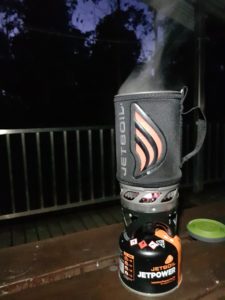 Camping
Camping
- Sleeping Bag -3deg
- Sleeping Bag Liner
- Inflatable Pillow
- Inflatable Mattress
- Jetboil Stove with combined 1litre pot + utensils
- Collapsible cup
- Pocket knife/multi-tool
- Small towel
Bike Equipment and Spares
- Bike bags and bikepacking gear as above
- 2x Spare Tubes, Levers
- Chain Lube
- Multi tool including chain breaker
- Derailleur Hanger
- Mini Pump
- 2x bidons
Technology and stuff
- Garmin with GPX maps uploaded
- Mobile Phone with Munda Biddi App and First Responder App
- Phone and Garmin Charger
- Power bank
- Head Torch
Clothes
- 2 pairs knicks
- 2 merino t-shirts
- 2 merino socks
- 1 lightweight long pants and jumper
- 1 pair shorts
- I t-shirt
- 1 singlet
- 2x underwear
- Merino thermal leggings and long top
- Rain Jacket
- Hat
- Bikepacking Shoes
- Helmet
- Short finger gloves
- Long Finger Gloves
Food – riding energy
- Powerade – 2 bidons
- 2L water
- Gels
- Chocolate Bars (snickers and turkish delight for me!)
- Muesli/Nut Bars
- Sandwiches
Food – Meals
- Porridge sachets
- Mac N Cheese or similar packs
- Salami
- Custard
- Bread/Wraps
- Peanut Butter
- Special Drinks!
The Munda Biddi Bikepacking Trip.
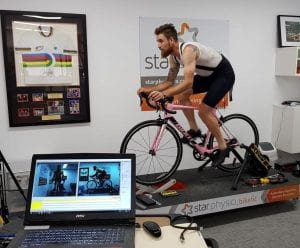 One of the amazing things about the Munda Biddi is the varied options of how you can tackle it. You can ride the full Munda Biddi “E2E” as it is known, from end to end. I have clients that have enjoyed doing this over 2-3 weeks and longer and recently, long term client Jack “Ultra Cyclist” Thompson broke the record to complete it in just over tow and a half days despite 40 degree heat and belting headwinds.
One of the amazing things about the Munda Biddi is the varied options of how you can tackle it. You can ride the full Munda Biddi “E2E” as it is known, from end to end. I have clients that have enjoyed doing this over 2-3 weeks and longer and recently, long term client Jack “Ultra Cyclist” Thompson broke the record to complete it in just over tow and a half days despite 40 degree heat and belting headwinds.
There are lots of day trips that can be taken or sections can be done, some not requiring any camping or cooking equipment with the ability to to enjoy a hot shower and comfy bed every night. My trip had a great mixture of camping and comfy beds.
Read on to the next post for more info on my trip.
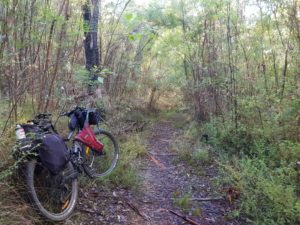
Bikepacking on the Munda Biddi
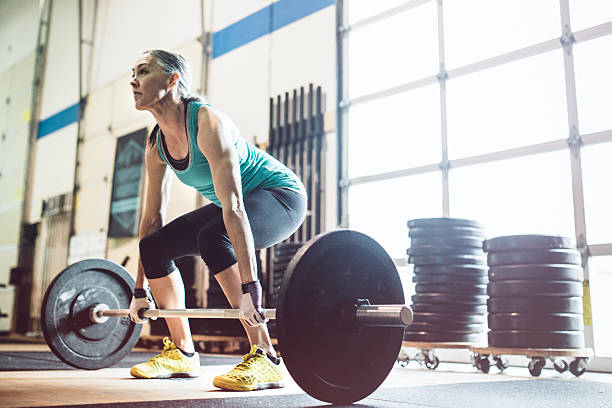
women’s strength training
Women’s Strength Training: A New Era of Confidence, Performance & Longevity Women’s strength training is entering a powerful new era. Across all ages, women are lifting weights, joining run clubs, playing sport, and prioritising physical health with confidence and...
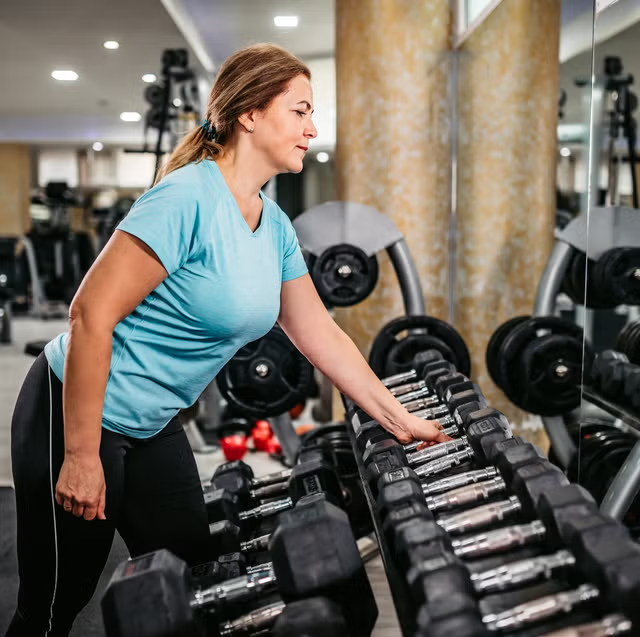
GLP-1 medications peri-menopause
The Hidden Risks of GLP-1 Medications in Peri-Menopausal Women Why nutrition and strength training matter more than the number on the scales GLP-1 receptor agonists such as semaglutide (Ozempic, Wegovy) and tirzepatide (Mounjaro) have changed the landscape of...
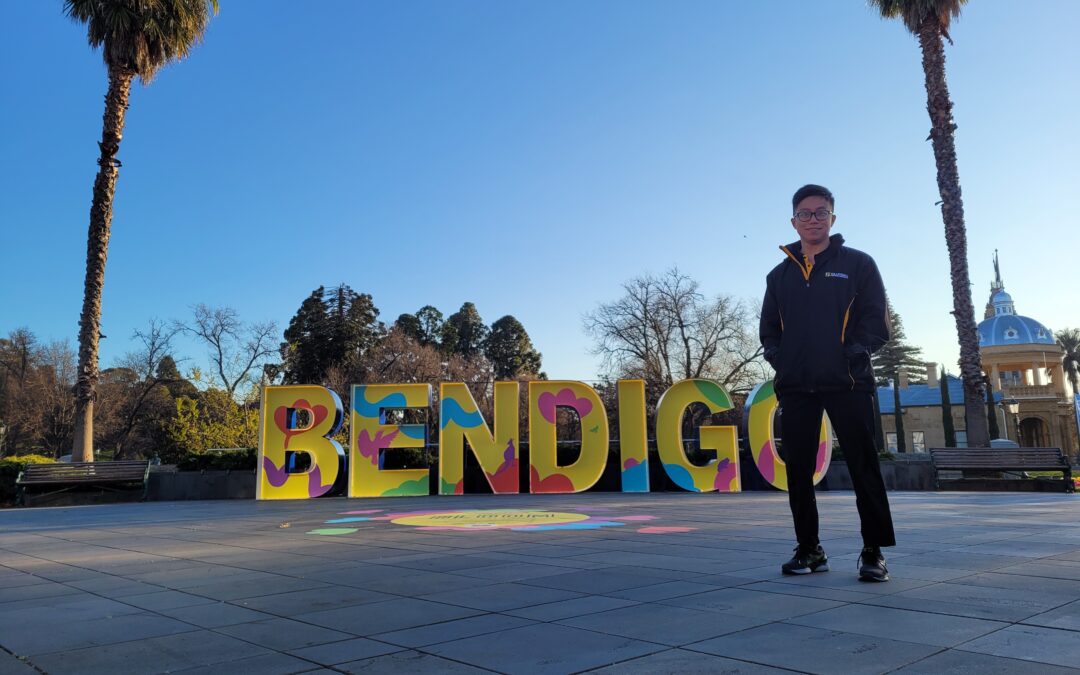
Volleyball back pain screening
What Our Junior Volleyball Screening Data Is Telling Us About Back Health Following our recent blog on volleyball back pain, we wanted to share early insights from our Star Physio WA athlete screening program. One of the key tools we use is the Modified...
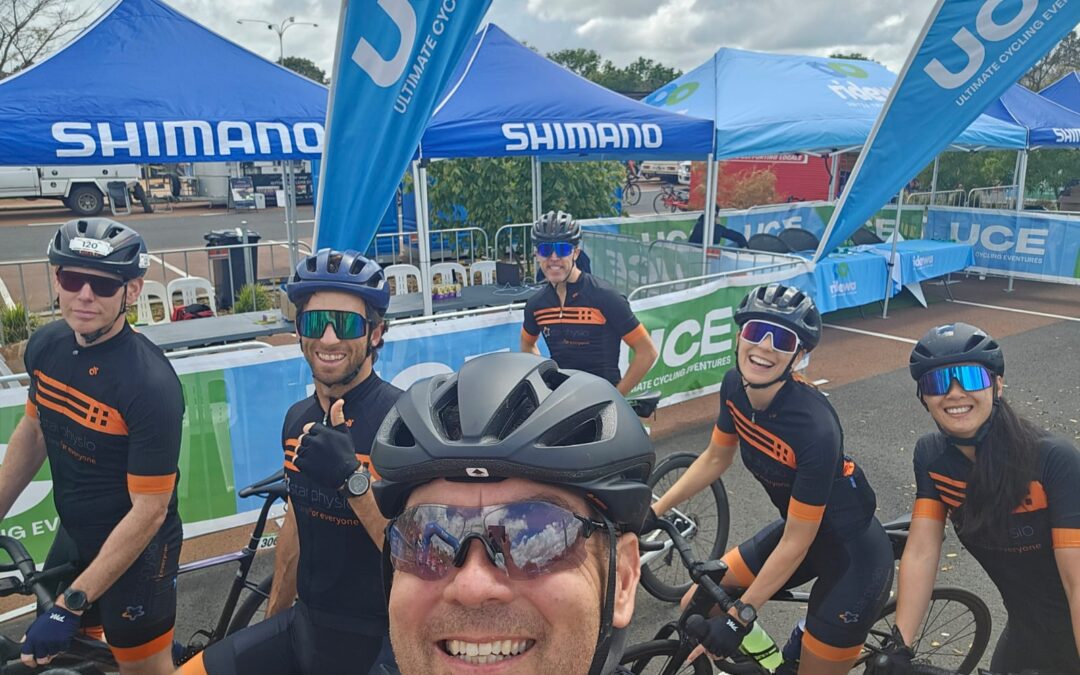
cycling experts TOMR
Star Physio Allstar Cycling Team at the Final Tour of Margaret River The Star Physio All Stars Cycling Team competed in the final ever Tour of Margaret River in November.It was a special event.It also marked the end of an era in Western Australian cycling. A Strong...

